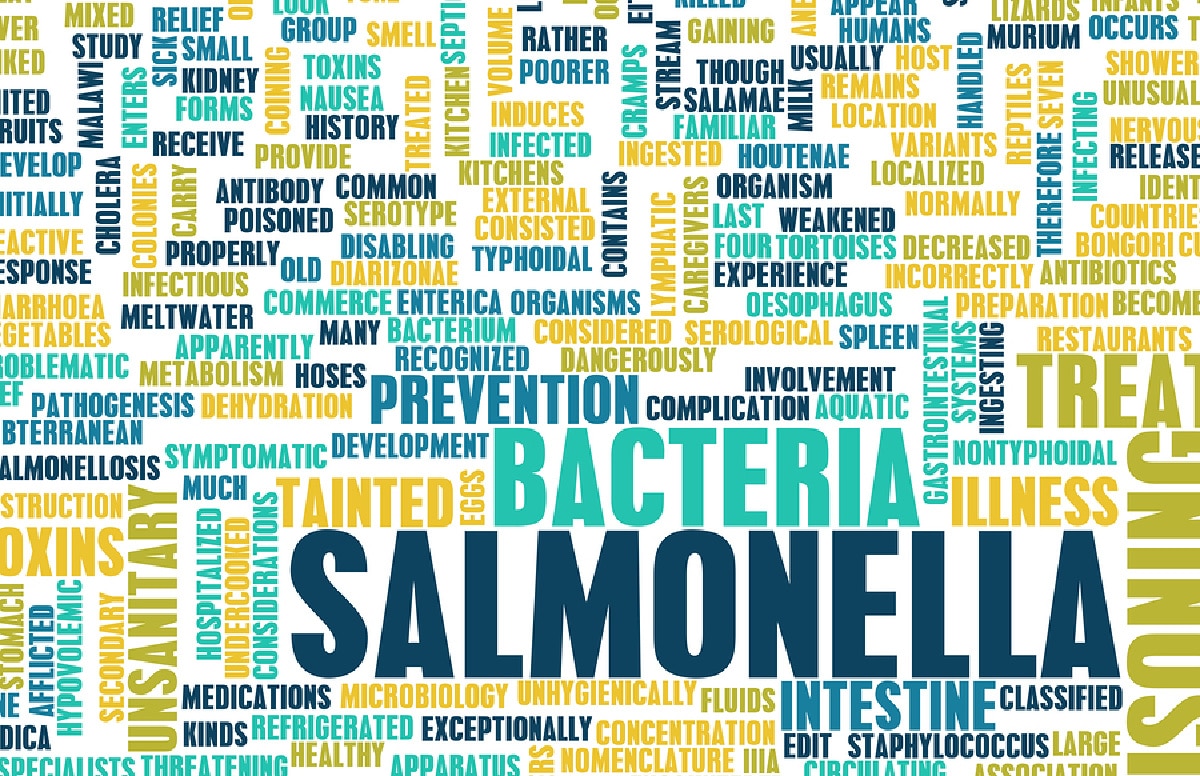There are so many things you do as a caregiver to help your parent live a healthier life by teaching her some new healthy habits.
Showing her how to eat the right foods to give her energy, strength, and stamina so she can continue to live independently.

While you focus on making sure she gets the best foods to eat, it’s also important to make sure she is safely storing, preparing, and serving her fresh foods to protect her against foodborne diseases. According to the CDC, 1 in 6 Americans will get sick from a foodborne illness each year and those over the age of 65 are more likely to have serious consequences from germs such as Salmonella, Campylobacter, Listeria, or E. coli.
Asking your senior care provider to help your parent keep her food fresh and safe will give you an added assurance that all these steps are being followed even when you’re not available to be there to help your parent. Here are some of the key processes to remember.
1. Clean.
Washing of the hands should be the first step of anyone handling food in your parent’s home, whether it’s you, your senior care provider, or your parent. Scrubbing with soap for 30 seconds before prepping vegetables or breaking up packages of meat is essential to preventing any germs picked up during the day from directly contacting your parent’s food.
You’ll also want to make sure all utensils and surfaces that the food comes in contact with are also clean. Never use a cutting board that’s already been used or a knife that’s already cut something else even if it looks clean.
Finally, once the food is prepped and ready to be stored, make sure to hand wash again as well as wash all the other surfaces used. Showing your elderly loved one that you have healthy habits will allow her to do the same.
2. Separate.
If meat is being placed in the refrigerator to be prepared later that day, make sure it is not touching or near any other products in the fridge. It is often best to place it in a container, or at least on the bottom shelf so that if it leaks, no fluids will contaminate other foods in the fridge.
3. Store.
Making sure your parent knows which foods need to be refrigerated, kept in a dark, cool place, or what needs to be frozen will help her keep her food fresh and make sure it lasts as long as it can safely. All dairy products should go in the fridge for immediate storage as well as eggs. If a dessert is given with cream cheese in it, let your parent know to keep it in the fridge until it can be eaten.
4. Prepare.
The main risk with meat is not cooking it to a proper temperature. If your parent doesn’t have one yet, get her a meat thermometer so she can make sure anything she’s baking is thoroughly cooked through at the right temp. If others are cooking for her, they will also need to be especially considerate of this as well.
5. Save.
Once a meal is complete, help your parent know the best way to save her leftovers. Cooked food should be refrigerated within 2 hours of the meal and most cooked items shouldn’t be stored more than 3-4 days in the fridge. Having a sharpie pen near the fridge for your parent to write dates on stored food will help her and you make sure her fridge isn’t filled with expired food. Your senior care provider can have the task of cleaning out the fridge each week if this is something your parent struggles with.
Food can be one of life’s greatest pleasures until it makes you sick. Important food safety and having healthy habits are paramount for everyone.
If you or an aging loved-one are considering hiring Senior Care in Buckeye, AZ, please contact the caring staff at Home Care Resources at (602) 443-4700
Source:
https://www.cdc.gov/foodsafety/food-poisoning.html
- Six Warning Signs of Diabetes to Watch for in Seniors with Dementia - May 19, 2025
- Understanding Chronic Conditions in Seniors: The Importance of Support - May 9, 2025
- Helping Your Elderly Loved One Maintain Healthy Vision - April 24, 2025




